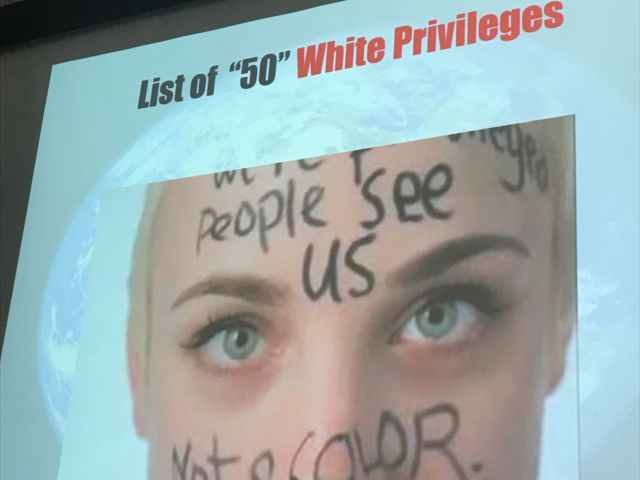A recent column published in Quillette by journalist and UC Berkeley fellowship recipient Zaid Jilani questions the effectiveness of the “white privilege” training become more popular around the Western world.
Zaid Jilani, a fellow at UC Berkeley, published a column in May for Quillette questioning the efficacy of “white privilege” training sessions. These sessions have become increasingly common both on college campuses and within American corporations. During the sessions, white participants are asked to acknowledge the advantages that they have in American society.
Although Jilani is skeptical about the impact of these training sessions, he does not dismiss the concept of “white privilege” altogether.
When activists and academics invoke the phrase “white privilege,” they typically are speaking of advantages that whites, on average, have over members of other ethnic minority groups in our society. And there is no doubt that racial inequality is both real and persistent in the United States, where I live, and elsewhere. There is a sizable racial wealth gap, a life expectancy gap, and an incarceration gap. Many of America’s most pressing social problems disproportionately harm people from minority groups.
Jilani highlighted a study that was published in the Journal of Experimental Social Psychology that revealed “white privilege” training sessions actually lowered the participants’ level of sympathy for troubled white people. Additionally, the sessions did not significantly increase the participants’ sympathy towards minorities.
What the researchers found is that among social liberals—i.e., participants who had indicated that they hold liberal beliefs about social issues—reading a text about white privilege did nothing to significantly increase their sympathy toward the plight of poor blacks. But, as Cooley told me, “it did significantly bump down their sympathy for a [hypothetical] poor white person.” (Among conservative participants, there was observed no significant change in attitudes at all.)
The column finishes by arguing that society should eschew practices that highlight groups that have alleged advantages in favor of discussing ways to alleviate the problems faced by members of vulnerable groups.
Stay tuned to Breitbart News for more campus updates.

COMMENTS
Please let us know if you're having issues with commenting.